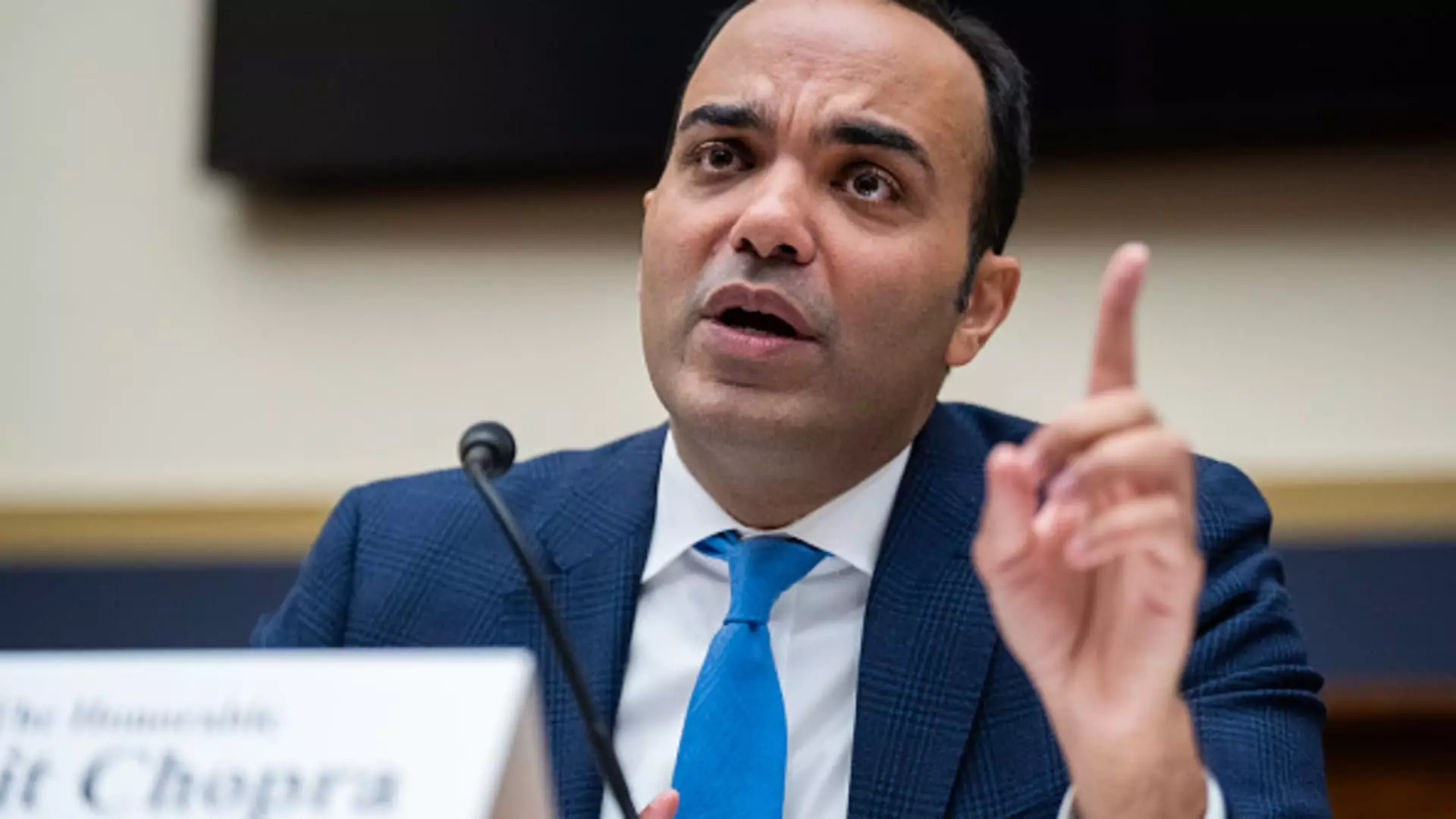The Consumer Financial Protection Bureau recently made a significant announcement regarding the buy now, pay later industry. This new “interpretive rule” now gives customers in this industry the same federal protections as those who use credit cards. This decision has major implications for the BNPL sector, which is currently dominated by fintech firms like Affirm, Klarna, and PayPal. The new rule under the Truth in Lending Act requires BNPL lenders to adhere to certain guidelines, including providing refunds for returned products, investigating merchant disputes, pausing payments during investigations, and providing fee disclosures on bills.
CFPB Director Rohit Chopra emphasized that regardless of whether a consumer uses a credit card or a buy now, pay later service, they are entitled to the same consumer protections. This move by the agency signifies a step towards regulating the growing BNPL industry, which has seen a tenfold increase in volume from 2019 to 2021. The agency has expressed concerns about consumers being given more debt than they can handle through these services. By imposing regulations similar to those on credit card providers, the CFPB aims to ensure that BNPL companies do not bypass existing consumer rights and responsibilities.
While some BNPL providers already offer refund and dispute resolution services on their platforms, the new rule aims to standardize these practices across the industry. It remains to be seen how many players in the BNPL market are not in compliance with these requirements. The forthcoming 60-day implementation period for the new rule gives companies time to adjust their operations accordingly. Some industry players have anticipated increased regulation and have previously argued that their products are less risky for consumers than traditional credit cards, thereby warranting less oversight.
Industry Response and Potential Challenges
Despite the CFPB’s efforts to rein in the BNPL industry, some companies have expressed resistance to the new regulations. There is a possibility that BNPL firms, similar to other financial entities like payday lenders, may challenge the CFPB rule through legal avenues. For instance, the rule capping credit card late fees at $8 per incident has already faced legal challenges. Companies like Klarna have previously advocated for a separate regulatory framework for BNPL services, highlighting the differences between their products and traditional credit cards.
The future of the buy now, pay later industry regulation remains uncertain as the CFPB’s new rule takes effect. With the increasing popularity of BNPL services among consumers, it is crucial to strike a balance between innovation and consumer protection. The industry’s response to the regulatory changes and the potential legal challenges will shape the landscape of BNPL services moving forward. As the CFPB continues to oversee the financial sector, the enforcement of regulations in the BNPL industry will be closely monitored to ensure consumer rights are upheld.



Leave a Reply